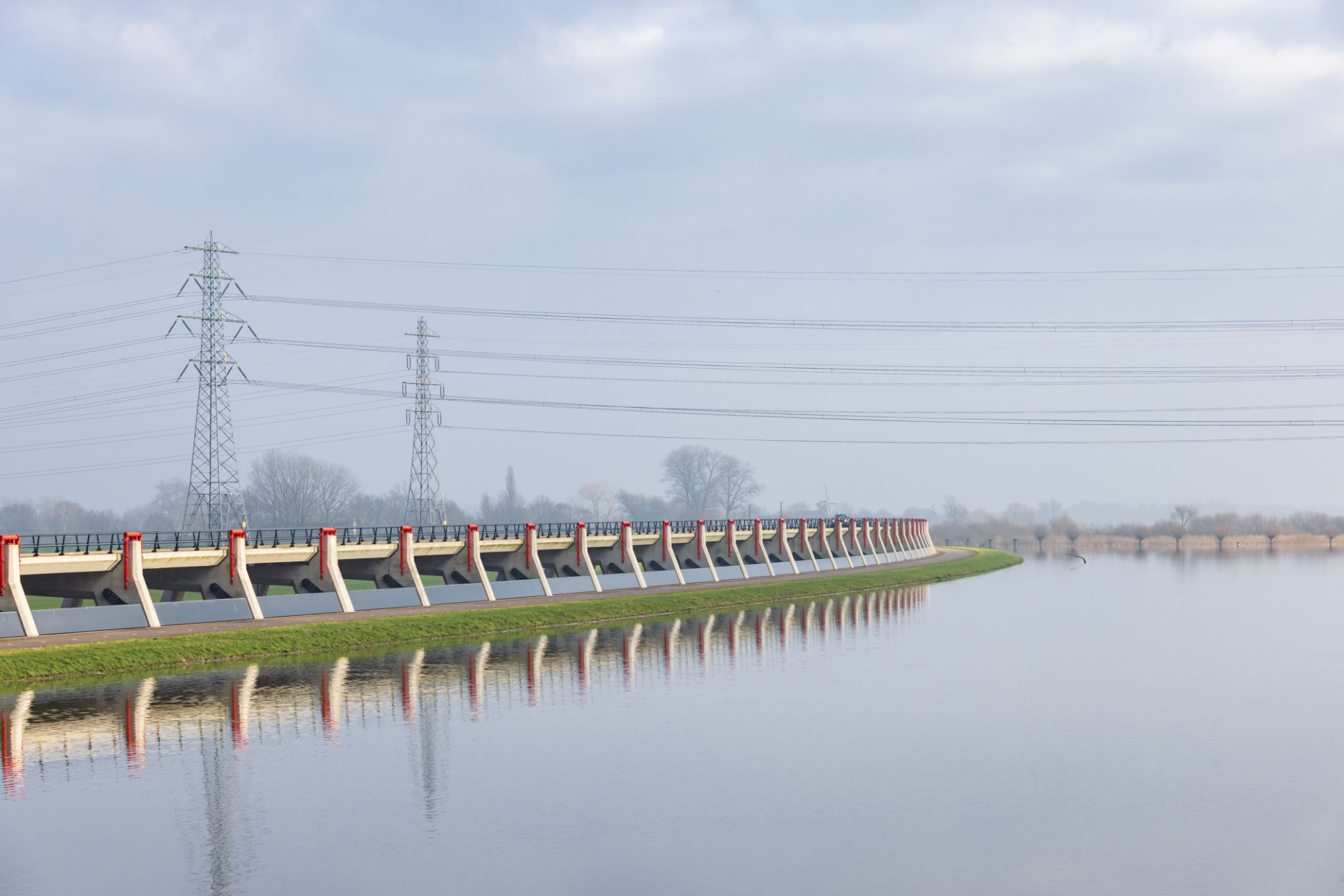The Impact of Climate Change Legislation on Dutch Businesses
Introduction to Climate Change Legislation
The Netherlands has been at the forefront of implementing climate change legislation, aiming to reduce carbon emissions and promote sustainability. These laws have far-reaching implications for Dutch businesses, affecting operations, costs, and competitive positioning.

Key Legislative Measures
Dutch climate legislation is primarily focused on reducing greenhouse gas emissions. The Climate Agreement sets ambitious targets, requiring businesses to adopt cleaner technologies and improve energy efficiency. Compliance with these regulations is crucial for businesses to avoid penalties and remain competitive.
The government provides incentives for companies that invest in sustainable practices. These include tax breaks and subsidies for renewable energy projects and energy-efficient equipment. Such measures encourage businesses to transition towards more environmentally friendly operations.
Impact on Small and Medium Enterprises (SMEs)
For small and medium-sized enterprises, navigating these regulations can be challenging. However, the impact can be mitigated by leveraging available government support and adopting innovative solutions. SMEs can benefit from collaborating in industry groups to share resources and knowledge.

Opportunities for Innovation
While climate change legislation poses challenges, it also presents opportunities for innovation. Companies that invest in research and development can develop new products and services that meet sustainability standards. This not only helps in compliance but also opens new markets and enhances brand reputation.
Businesses can capitalize on green technology trends by integrating renewable energy sources, such as solar and wind, into their operations. Additionally, adopting circular economy practices can reduce waste and improve resource efficiency.
Challenges in Implementation
Despite the opportunities, implementing these changes can be daunting for some businesses. The initial costs of transitioning to sustainable practices may be high, and the return on investment might not be immediate. Furthermore, staying updated with evolving legislation requires continuous monitoring and adaptation.

The Role of Corporate Social Responsibility (CSR)
Climate change legislation also ties into broader corporate social responsibility initiatives. By aligning business strategies with environmental goals, companies can enhance their CSR profiles. This can lead to increased consumer trust and loyalty, as consumers are increasingly conscious of environmental impacts.
Engaging in transparent communication about sustainability efforts is crucial. Businesses can utilize digital platforms to share their progress and achievements in reducing their carbon footprint.
Future Outlook
The future of Dutch businesses under climate change legislation looks promising for those willing to adapt. As the global focus on sustainability intensifies, companies that embrace these changes will likely gain a competitive edge. Continuous innovation and adaptation will be key drivers of success in this evolving landscape.

